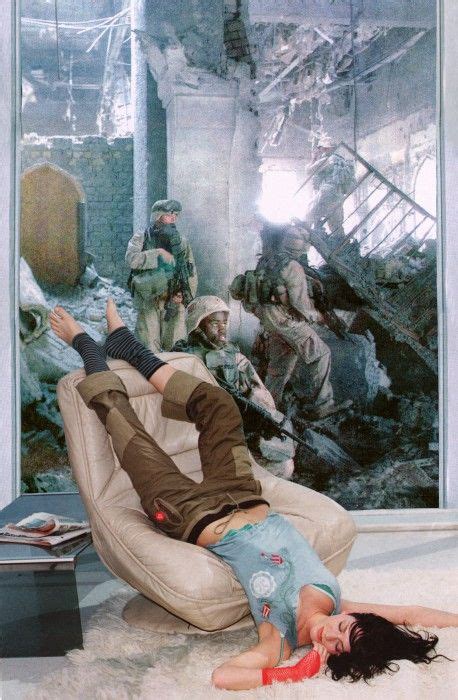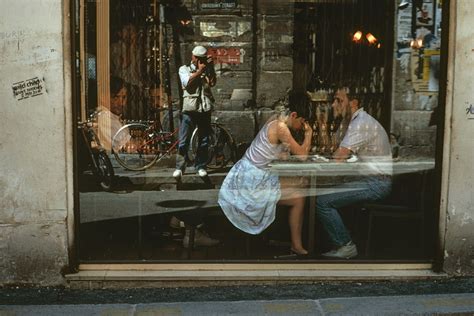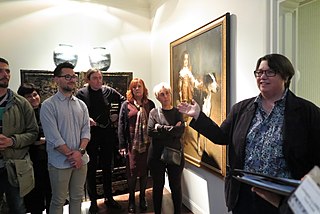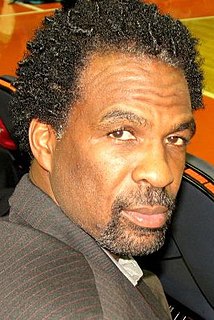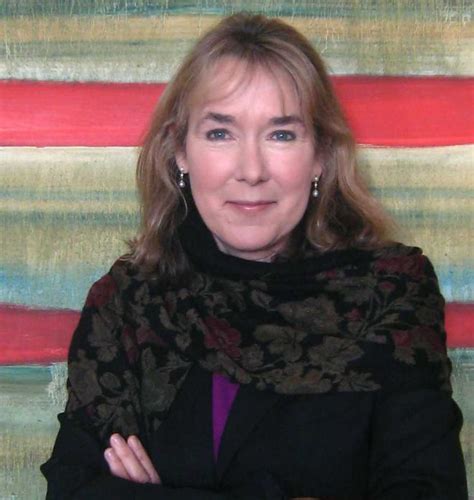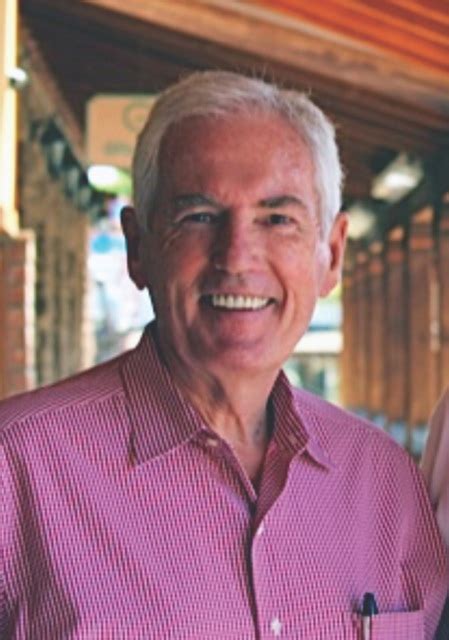A Quote by Martha Rosler
How useful are documentary photographs if there is no follow up, no way of knowing what happened next in the story?
Related Quotes
None of our films look alike, we are very dialectical in our approach to each one, and 'Hoop Dreams' was no exception. That's what I love about documentary filmmaking, we never know where the story is going, we don't know what is going to happen next, and we're inside a culture of people that you have to figure out in many ways. It's a relationship between what you thought might have been the story, and what happens in the 'field.' Out of that comes the story, which was exactly what happened with 'Hoop Dreams.'
It's difficult to make movies. For me it was easier, as a refugee in Switzerland, to make documentary films, because I didn't need a lot of money for it. The way I tell my story or my opinion would be very similar in both fiction and documentary forms. But I found I could speak more effectively to convey this brutal reality through documentary than I could through fiction.
A good print is really essential. I want to take strong documentary photographs that are as good technically as any of the best technical photographs, and as creative as any of the best fine-art photographs. [...] I don't want to just be a photo essayist; I'm more interested in single images...ones that I feel are good enough to stand on their own.
I'm a curious guy. I can't turn away from an investigative story, when it comes to the forensic analysis. I've done 33 dives, to the titanic wreck site. I've spent over 50 hours piloting robotic vehicles at that wreck trying to piece together what happened during the disaster. How the ship broke up, comparing the historical record with the forensic record. Documentaries are kind of my new life. I love documentary filmmaking.
